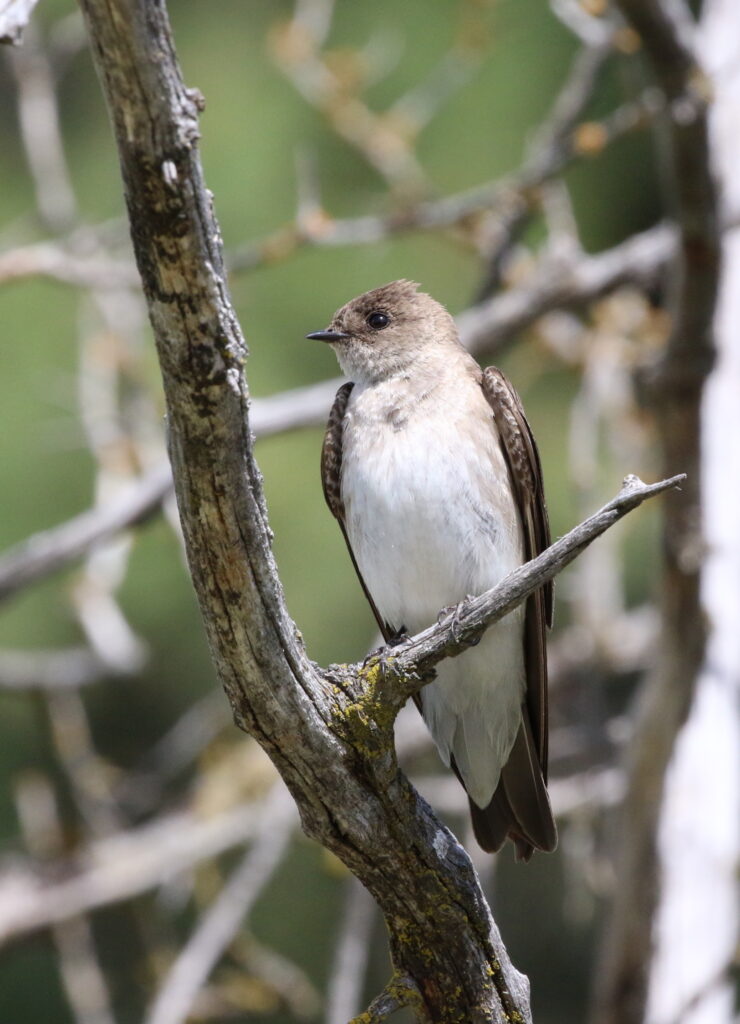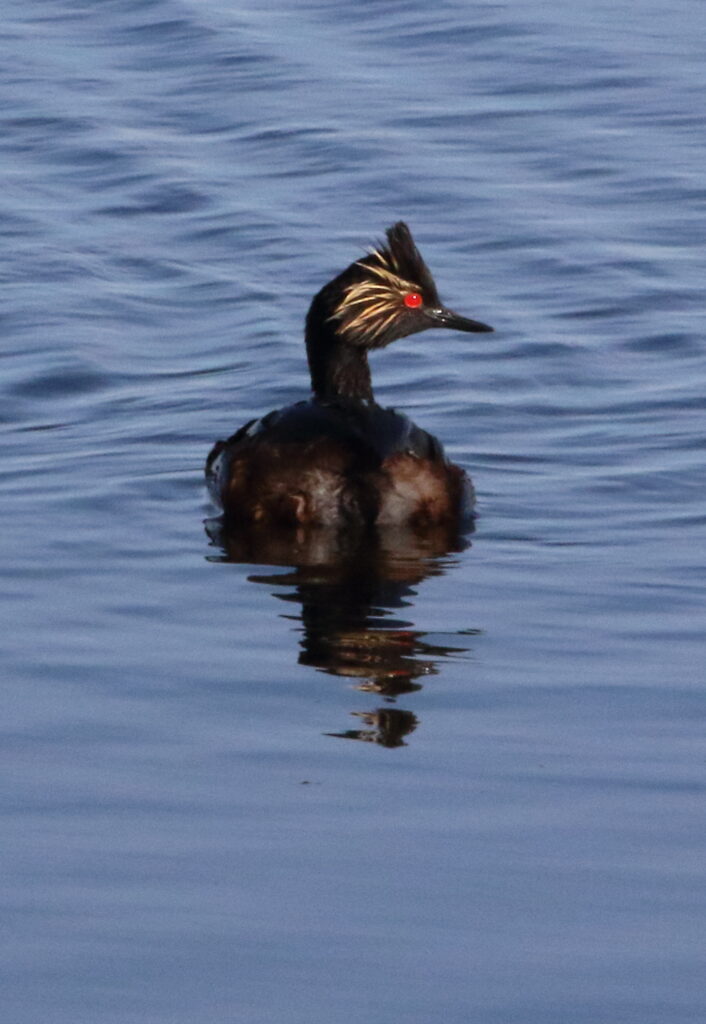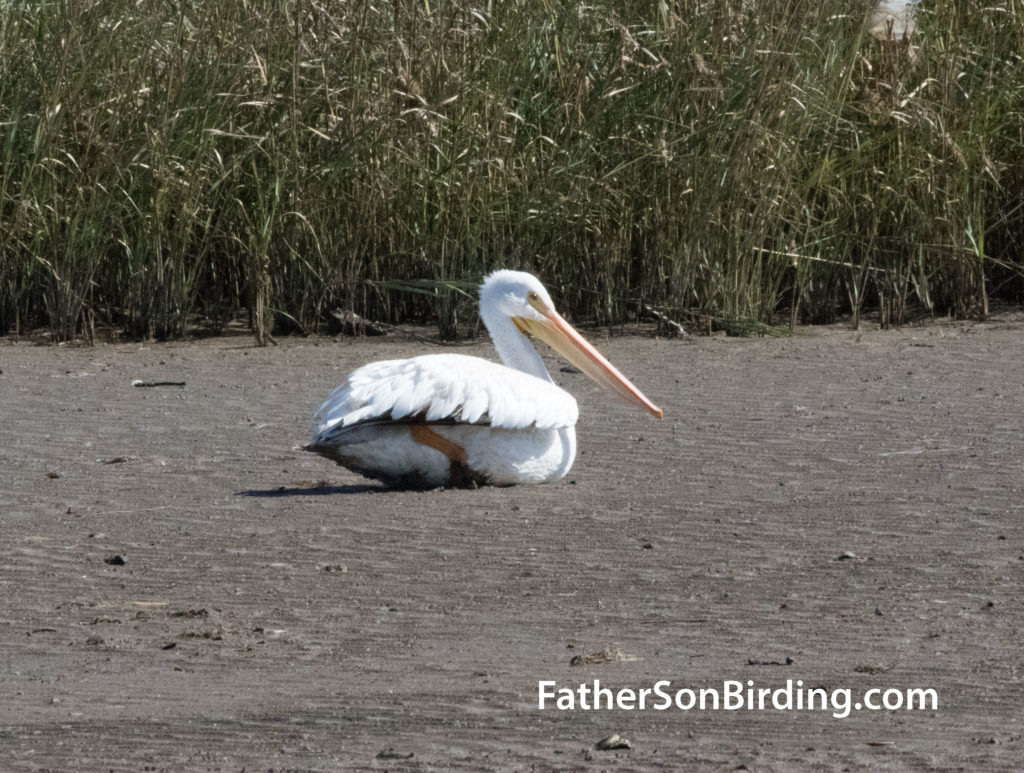In just the past year, protecting birds has reached a new level of urgency. Please read and share this post with as many people as possible. Thank you!
First off, I want to announce that thanks to all of you, Braden’s last post about the QUACH shattered records for number of views and is already SECOND all-time for our posts, trailing only Birding San Antonio’s River Walk? Are You Nuts? which we posted two-and-a-half years ago! Taylor Swift, can you feel us breathing down your popularity neck?
Probably not. The truth is, FatherSonBirding will never be as popular as Taylor Swift and other celebrities, but birds SHOULD be! As we all know, they provide millions of us a steady source of fun, interest, inspiration, and connection. Unfortunately, we also know that birds are in big trouble, not only from traditional threats such as poaching, invasive species, pesticides, and habitat loss, but from the GIANT SHADOW looming over all of us: climate change. I just read an article about the recent heat wave in the American Southwest and how it might devastate food supplies for millions of migrating birds. This is the very definition of depressing news!
How, as bird-loving, sensitive beings, do we handle what’s happening to birds and other species? It’s not easy—but it is easy to feel overwhelmed and hopeless about the world situation. If we want to save our planet’s incredible biodiversity for our children and grandchildren, however, we have to turn our worry into action. Braden and I have four strategies for doing this that we’d like to share with you.

Strategy #1: Education. We don’t know about you, but we feel that education is the key to every problem that needs to be fixed, and birds offer almost unlimited ways to further education. Just taking a friend out birding and showing her what you know helps raise awareness and concern about what’s happening to birds and the importance of protecting and creating habitat. Taking a school class or group of seniors out magnifies that effect—and gives you a chance to correct harmful misinformation out there such as “Climate change is a plot by radicals to harm oil companies” or “Climate change is happening, but is not caused by humans”. If you want to show people just how dramatically our planet is heating up, you can go a step further and share this rock-solid website: NOAA Global Temperature Increase by Year. Our blog, we hope, helps further bird education, too. That doesn’t mean that people will always do the right thing once they have accurate information, but if we leave education up to Fox News or Breitbart, let’s face it, we’re sunk!

Strategy #2: Money. We’re always surprised how reluctant many people are to donate money to groups working for causes they believe in. Sure, some people don’t have funds to spare, but let’s be honest, most birders do. If you find it hard to open your bank account, just ask yourself, “What kind of world will I or my children live in if I don’t help solve climate change, habitat loss, and other problems? What will my money be worth then?” The answer isn’t pretty, and yet for the price of a dinner out, we can all make a significant contribution to a group working for birds. Following is a short list of Braden’s and my favorite groups that are helping birds. Check ’em out, then crack open that wallet!
Cornell Lab of Ornithology—the maker of eBird and Merlin makes huge investments in science and education to raise awareness of birds and promote conservation.
Bird Life International—Braden’s favorite group works on the entire international spectrum of bird threats, and also works with local communities to help protect birds and habitats.
Audubon—still the biggest name in birding, Audubon promotes bird conservation and education, and works on legislation to protect birds. (Note: the national, state, and local chapters are all independent entities. Donations to national don’t trickle down, so consider donating to all three.)
American Bird Conservancy—also works on a wide range of bird-related issues including the urgent problem of outdoor cats.
Houston Audubon Society —a regional bird powerhouse, promoting bird education and conservation, and protection of vital habitats, especially for migrating birds. Think High Island from the movie The Big Year!
Union of Concerned Scientists—one of Sneed’s favorite groups, we make monthly contributions to this group working to fight rampant disinformation and promote rational, scientific solutions to a host of problems facing us.
Strategy #3: Reducing Consumption. As birders, we need to acknowledge that we use the planet’s resources by driving around looking for birds. This makes it especially important that we reduce our consumption of fuel and other resources in other ways. There are myriad ways to do this, from turning out lights to making sure we eat our leftovers to letting our grass grow a bit longer before cutting it. Braden’s and my biggest reason for avoiding fast food restaurants these days isn’t the food quality, it’s the amount of waste they generate. We know many families that have cut down on Christmas gift-buying in favor of donating to worthy causes, and that’s a trend we wholeheartedly endorse. After all, is your uncle really going to miss that singing trout on the wall? The possibilities to reduce our footprint by reducing consumption are almost endless. Please note: the idea of plastic recycling sounds good but is basically wishful thinking. According to the EPA, less than 10% of plastic is recycled. The vast majority of it ends up in landfills, where it will persist for hundreds or thousands of years—hopefully, but not necessarily, before it strangles or gets ingested by a bird. One solution: encourage your stores to carry products packaged in truly recyclable or reusable paper-based, metal, or glass containers and whenever possible, choose appropriately. Of course, always bring your own reusable bags when shopping!

Strategy #4: Let Your Politicians Know! Okay, voting for politicians who support environmental causes is a no-brainer, and let’s face it, that means voting for Democrats these days (check out this scorecard from the League of Conservation Voters). We find this partisanship mystifying since we know that millions of Republicans love birds and two presidents who enacted some of the most important environmental legislation—Teddy Roosevelt and Richard Nixon—were Republicans. (Note there are a very few current Republican officeholders with strong environmental records such as PA’s Brian Fitzpatrick. Again, see the scorecard.) Nevertheless, it’s important to let ALL of your representatives know that you support taking steps to replace carbon-emitting fuels with renewable energy, support mass transit, protect habitats, and do other things that safeguard birds and other wildlife. We write, email, and call our state and US representatives on a regular basis, and also write letters to the editor of our local paper about key issues. Don’t know who your representatives are? No need for embarrassment. Here’s a handy website for looking up your federal reps: Congress.gov Similar sites exist for each state. Just do a search on “find my representative”. Audubon, the Union of Concerned Scientists, and other groups on our list above also do an excellent job keeping us informed about important legislation and issues.
You undoubtedly can think of other strategies for helping birds, from picking up plastic litter to running for office yourself. But here’s a closing thought: by saving birds, we are saving ourselves. Some may disagree, but we feel that if the majority of bird species don’t survive, humans probably won’t either, and really, it’s time to get serious about it. If we can cultivate an attitude among birders that each time we go out birding, we will also do something to help birds, there’s going to be no stopping us. Thanks for taking action.


Great stuff. Thanks for the pep talk and links.
Thumbs up!
Best blog ever! Thank you for the list of places to donate to. What you two do is so imperative! Bravo and keep loving our fine feather friends!
Love, Ma
Thank you, Ma!